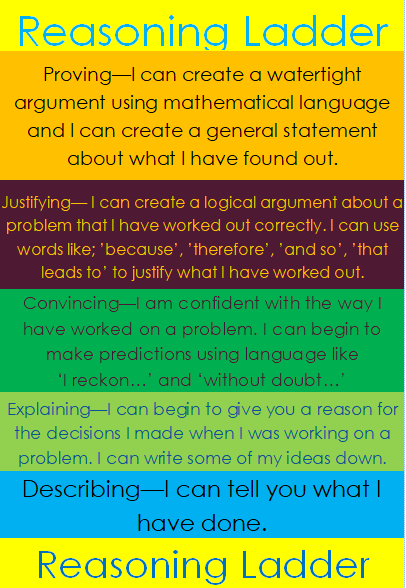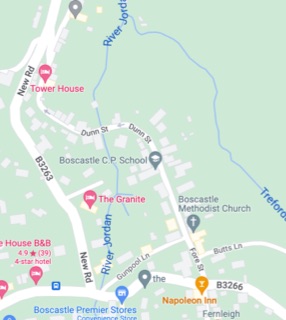
Our vision is to give pupils a consistent and smooth progression of learning within the four operations across the school. Each child has the chance to build upon previous knowledge using small steps to support their development.
Wherever possible, we aim to provide real life context to help build children’s understanding of the purpose of calculation, and to help them recognise when to use certain operations and methods when faced with problems. Children are taught and encouraged to use processes in deciding what approach they will take to a calculation to ensure they select the most appropriate method for the numbers involved.
When presented with a problem, children need to be familiar with strategies to approach the task. Children who are challenged with multi-step problems will need to be able to develop their own problem solving techniques, this will show an independently secure understanding of using and applying number. Our vision actively promotes the use of learning powers throughout this learning process. When problem solving children should be allowed to choose any resources they feel are needed to solve the problem and make jottings as they feel necessary.
Children in all year groups and of all abilities need to have access to a range of mathematical resources during the math’s lesson. Children should be encouraged to use number lines, 100 squares, counters, beads, base 10 and Numicon to support their calculations and carry out methods in a visual context.
Our progression in calculation policy is organised according to age related expectations as set out in the National Curriculum, however it is vital that pupils are taught according to their needs and requirements. Children need to show mastery of a concept before moving on to the next one.
Underpinning our Maths vision are the three fundamental strands of Mathematics:
These three fundamentals are expected to be evident throughout planning, teaching of lessons and the assessment of the children.
Our maths vision incorporates the following into everyday maths planning and delivery:
Children’s fluency with basic number facts
Children’s fluency in mental calculation
Children’s fluency in the use of written methods
Children’s understanding of the = symbol
Recognise inequality alongside equality
To not count but calculate
Recognise patterns and make connections
Use intelligent practice
Children to solve empty box problems
Expose mathematical structure and work systematically
Move between the concrete and the abstract
Contextualise the mathematics
Use questioning to develop mathematical reasoning
Expect children to use correct mathematical terminology and speak in full sentences
Reasoning:
Throughout the school we use a number of underpinning strategies to develop children’s reasoning skills.
Reasoning ladder (see below)
Stem sentences
Focussed questioning
Shared Vocabulary

Fore Street
Boscastle
Cornwall
PL35 0AU

| Cookie | Duration | Description |
|---|---|---|
| cookielawinfo-checkbox-analytics | 11 months | This cookie is set by GDPR Cookie Consent plugin. The cookie is used to store the user consent for the cookies in the category "Analytics". |
| cookielawinfo-checkbox-functional | 11 months | The cookie is set by GDPR cookie consent to record the user consent for the cookies in the category "Functional". |
| cookielawinfo-checkbox-necessary | 11 months | This cookie is set by GDPR Cookie Consent plugin. The cookies is used to store the user consent for the cookies in the category "Necessary". |
| cookielawinfo-checkbox-others | 11 months | This cookie is set by GDPR Cookie Consent plugin. The cookie is used to store the user consent for the cookies in the category "Other. |
| cookielawinfo-checkbox-performance | 11 months | This cookie is set by GDPR Cookie Consent plugin. The cookie is used to store the user consent for the cookies in the category "Performance". |
| viewed_cookie_policy | 11 months | The cookie is set by the GDPR Cookie Consent plugin and is used to store whether or not user has consented to the use of cookies. It does not store any personal data. |